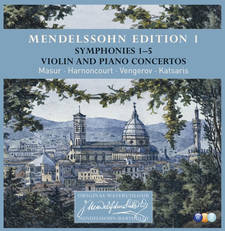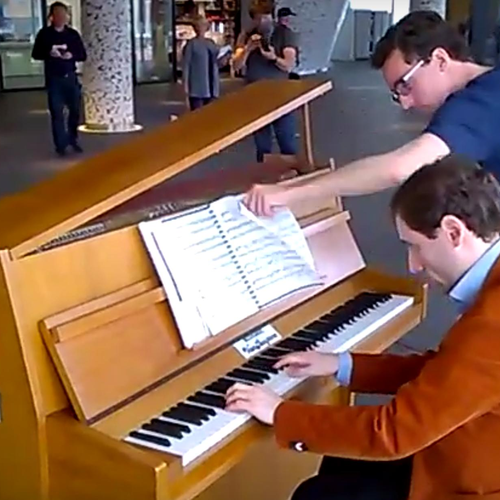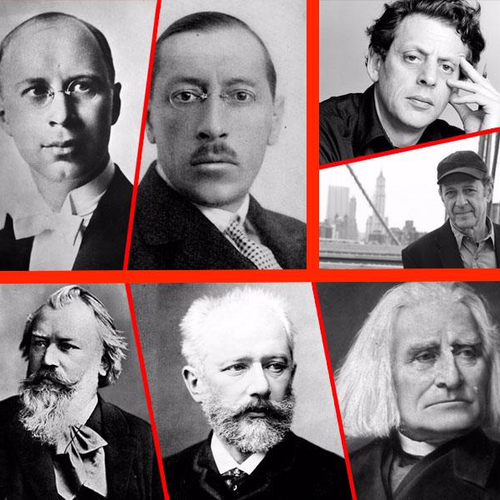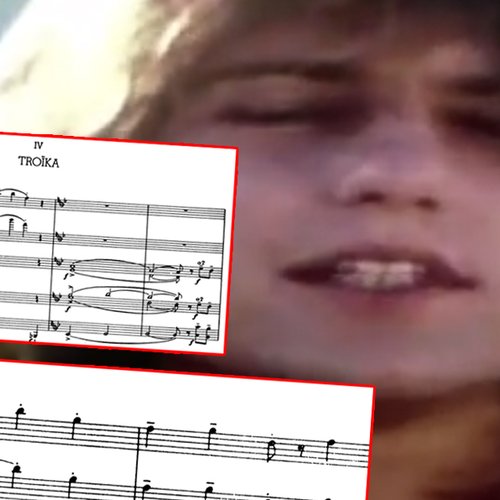What’s the classical music in ‘The Apprentice’ and who wrote the now famous TV theme?
31 January 2024, 16:59 | Updated: 1 February 2024, 14:40

Prokofiev’s dramatic ‘Dance of the Knights’ from Romeo and Juliet | Classic FM Live
Since ‘The Apprentice’ first hit UK screens in 2005, its ominously marching theme tune has struck fear into the hearts of aspiring entrepreneurs everywhere. But who wrote the music originally, and why is it such a perfect fit?
Listen to this article
When The Apprentice made its way to UK primetime television almost 20 years ago, it cemented three cultural icons into the British consciousness: Alan Sugar, “You’re fired!”, and that epic, stonking theme music.
With four million people tuned in for the first series’ finale, the programme was an overnight success. Renewed annually (with a small hiatus in 2020 and 2021), The Apprentice returns to our screens for series 18 in 2024, heralded with all the pomp, might, and bravado of Prokofiev’s chunky opening chords.
Here’s everything you need to know about the music...
Read more: 23 low brass playing the Game of Thrones theme is monumentally epic

Watch the trailer for Series 18 of The Apprentice
What is the theme music for The Apprentice?
The Apprentice’s theme music pre-dates the series by a good 70 years.
Written in 1935 Soviet Russia, it’s taken from Sergei Prokofiev’s music for Romeo and Juliet, based on the Shakespearean story of the same name.
Prokofiev initially wrote the music for a ballet, but had to re-write sections of the music and narrative in order to appease the restrictive Soviet state at the time. It was eventually premiered in 1940, and also exists as three orchestral suites and a solo piano arrangement.
It’s the second of these orchestral suites that includes the music made famous by The Apprentice. The specific musical moment is titled ‘Dance of the Knights’, which itself is part of a larger musical passage called ‘Montagues and Capulets’.
Read more: Romeo proposes to Juliet, after stunning ballet duet on stage at Verona Arena
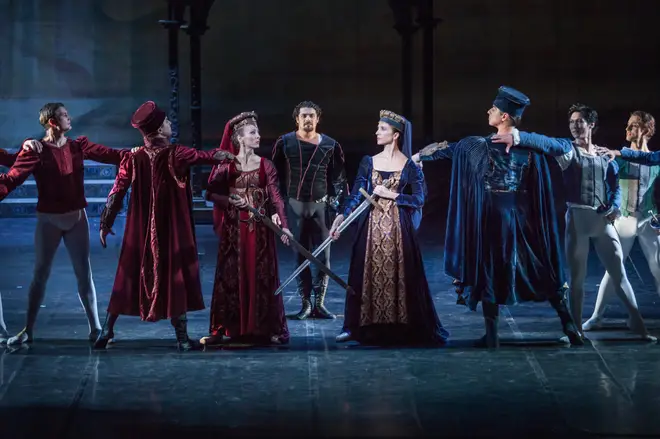
The music is undeniably some of Prokofiev’s best.
Forceful, low brass punches are paired with dramatically sawing strings and military snare drum accents, driven by a threatening, persistent march.
As the title suggests, it is the musical depiction of family feuds in a ballroom, as both Montagues and Capulets attempt to put on a civil face while resentment bubbles furiously beneath the surface.
This tension is only broken when Juliet enters the fray, enchanting onlookers with an elegant dance, accompanied by a delicate flute melody, intoxicating tambourine taps, gently slurring violins and magical chimes on the triangle.
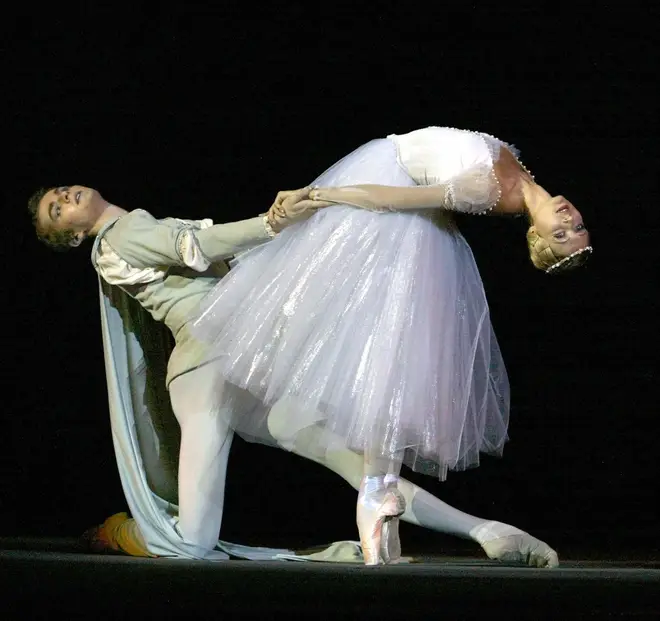
And as for why it suits The Apprentice so well?
As contestants are fired and teams are whittled down, tensions rise between the remaining entrepreneurial hopefuls, and bitter resentments pile up.
It’s only a matter of time before the final two contestants must go head to head in the ultimate task – just like two warring households in a story from 400 years ago...
